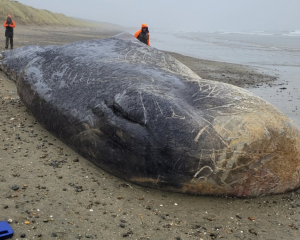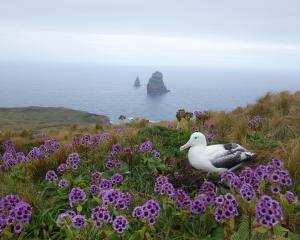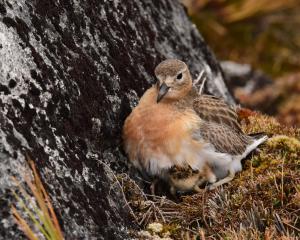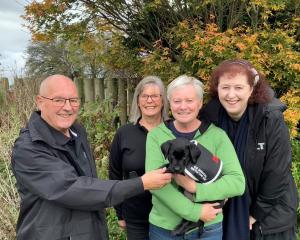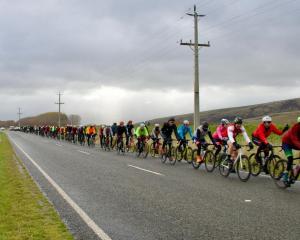More than a year ago, VetSouth director Dr Mark Bryan started to voice concerns about the relatively new HT swede, which has now been linked to liver disease, photosensitivity, and the death of dairy cows near his Winton practice.
He said more than 200 cows died in the winter of 2014, and ''many more'' fell ill, after being poisoned by what they were eating through the winter.
Yesterday, DairyNZ released an analysis of plants gathered from 11 Southland farms where cows suffered health issues - seven of which used the HT swedes.
The HT swedes analysed had significantly higher levels of toxic glucosinolates in the stem, leaf and flower and DairyNZ warned farmers not to use HT swedes in the spring when the leafy portion of the plant had matured.
In what was its 11th advisory on the issue since September 5, 2014, the industry group reiterated its message that a warm winter with few frosts allowed all swedes to grow more leafy - and therefore all swedes contained higher levels of glucosinolates last year.
Those cows that were fed too much of any type of swede were more likely to be affected by the toxic glucosinolates, DairyNZ regional team leader for Southland South Otago Richard Kyte said.
''[The plant analysis] was just showing that in the reproductive state, in the spring, with that amount of leaf the HT is a problem,'' Mr Kyte said.
''We're recommending farmers don't use it as a spring feed, because that's where all the risk factors come together.''
Mr Bryan said while the warm winter played a role in the cow deaths, a complete analysis would have included plant samples from earlier in the season.
''We've got no analysis of HT swedes early in the season and we know they were killing cows, too,'' he said.
''We've got no evidence to say they were safe earlier in the season either.
''Our advice to farmers has been, since last year, `It probably is a combination of swede variety and climate - and you need to pick the thing that you can control. Obviously, you can't control climate. Work out what you want to do.''
'This year, informed farmers were still using HT swedes, PGG Wrightson Seeds New Zealand Seeds general manager David Green said.
He said farmers were provided with ''all the available information'' on last year's animal health issues and their relation to the HT swede variety and he said the seed company went further with its warnings than DairyNZ.
All HT swedes sold were sold with an advisory that ''HT swedes shouldn't be fed to dairy cows, per se'', he said.
Yet, there was only about a 15% drop in sales this year from last year. Mr Green said after looking at the issue for a year, the results of the plant analysis showing high levels of glucosinolates in mature plants was not surprising.
And he said the HT swedes' breeding was ''largely been done in the absence of any testing around glucosinolates''.
But Mr Green said the HT swede would probably remain important for farmers.
''I've been in this business a long time and notwithstanding what happened last year it's probably the most successful product concept we have ever delivered,'' he said.
''It's made a fundamental difference to some people who couldn't grow brassicas.''

